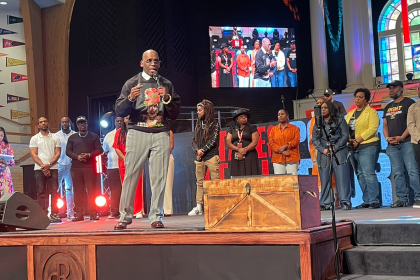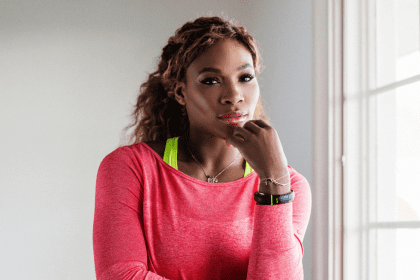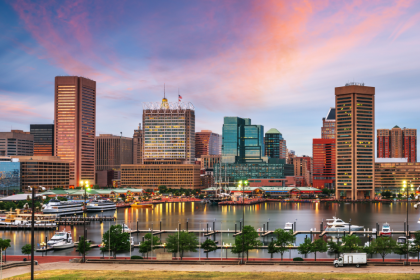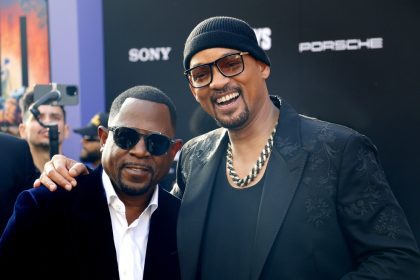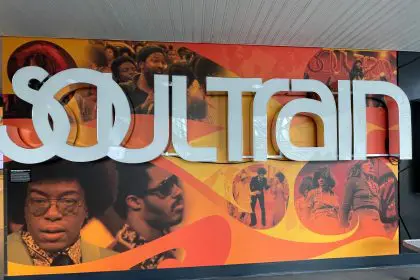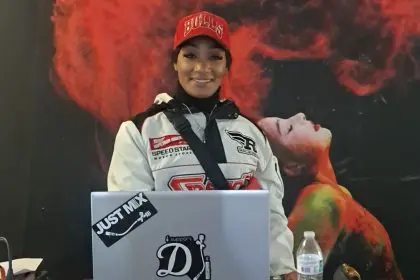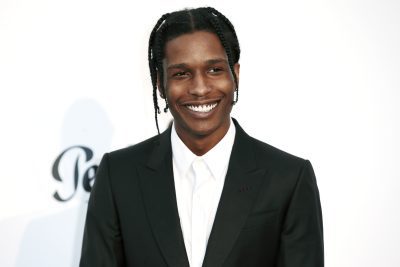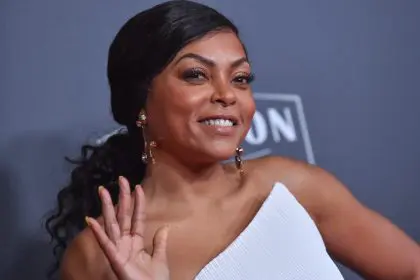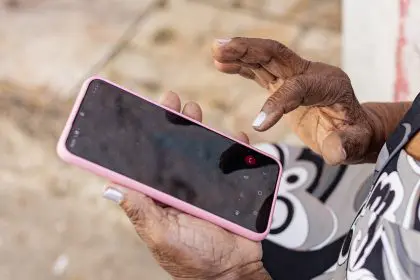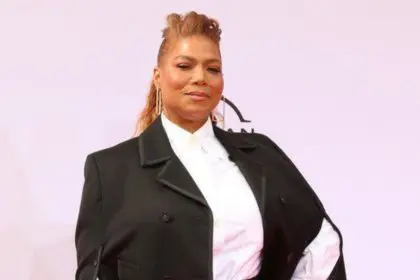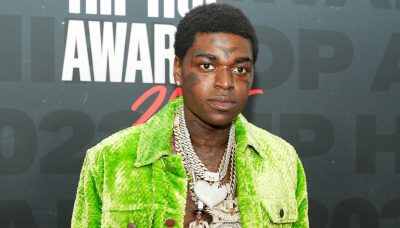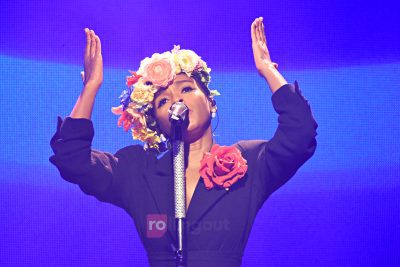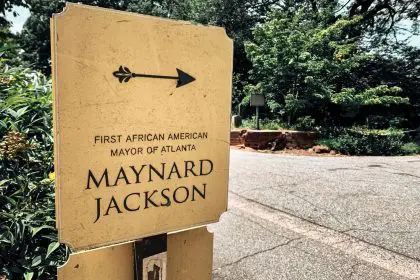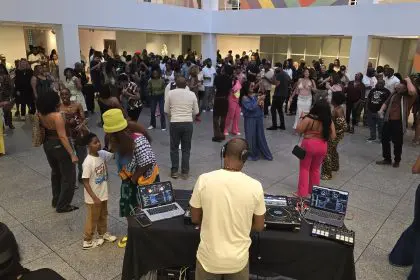Janssen Robinson is arguably one of the most renowned artists of his generation. Robinson discusses the Now Paintings, hip-hop’s influence on art, and his work being featured in the new film, Selma.
When did you realize that you had a passion for art?
I realized that being creative was my passion when nothing else seemed to come to me so easily, and that was at a young age, like 8-years-old. I was an introverted kid, I always studied my environment, and like most kids, I tried to make sense of the things around me. For instance, I use to study the ground outside in the front yard until all the life became animated. Insects were busy as hell, and I would not have noticed until I stopped to pay attention. Who knew all of that was happening on the ground? Around that time I realized something else, ideas and fantasies could be expressed through images that I sketched, or more like scribbled, and over time this became a skill that I saw consistently improve. Older kids, like my brother, would be so much better in their technical ability at drawing that I knew I could accomplish their level and even surpass. My mom saw that passion and nurtured my interest and I never stopped trying to become better and understand how to get beyond that point. The same is true today, although I’ve studied and mastered many techniques, I am forever passionate about understanding the more subtle nuances between balance in shapes, forms, colors, lines, patterns and values that come together to create something profound.
What artists did you study during your maturation process?
There were so many artist that I studied, but a few that I can name are Louis Armstrong, Paul Klee, Michelangelo Merisi da Carravagio and Jean-Michel Basquiat.
You often do live paintings at events. How different is it to produce live versus being alone while working on a new piece?
When I paint live at events, it is a total adrenaline rush. I am working within a two hour or less timeframe to produce a painting that captures the setting, and people witness from start to finish, the evolution of the painting. The NOW Paintings are purely intuitive. There is very little, if any, time to think twice about a decision made when I strike the canvas. I welcome the challenge of people approaching and the subjects moving in and out of the composition.
When I work in the studio, the pace is much slower and the subject matter, consequently, is more refined. Here, I bring the memory of the adrenaline and emotion from Now Paintings into the studio. There is a balance between thinking less, using more intuition, and applying my understanding of formal techniques.
How has art played a role in hip-hop culture?
I think visual arts, like hip-hop and most art forms, respond to the human conditions of the time, whether it is good or bad. There seems to be a paralleled continuum in that respect. In the 1980s, graffiti art prominently and pervasively represented the feel and look of hip-hop culture. I’ve observed recently how Jean Michel Basquiat and Andy Warhol works have become popular references in rap songs. I would bet that some of the younger generations had no idea who they were or what they did prior to hearing those songs. Consequently, having a Basquiat or Warhol on your wall became desirable and now only attainable if you have a few million dollars in disposable income. So, in one respect, visual art is promoted as a collectible, and in another, it communicates the look, experience and feel of our culture. This language is also communicated through fashion, design, dance and dialogue.
Where can art lovers view your work?
My website, www.janssenrobinson.com, shows selected paintings from a series called NOW Paintings. These are pieces that I’ve painted live at private and fundraising events. I’ve had the opportunity to feature work in a Buckhead lounge in Atlanta called Establishment. Most recently, I’m excited to share, I have several paintings that will be featured in the new Oscar-buzzed film, Selma, which is based on the 1965 marches in Alabama led by Martin Luther King Jr. and other prominent civil right leaders to secure voting rights.


